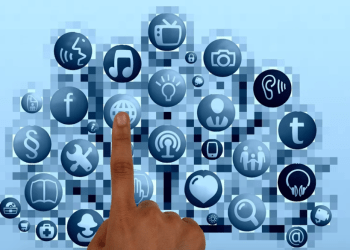So, because modern medicine wouldn’t be here today if not for scientific progress and findings, we at Cerner think health care is too important to keep things the same. People’s lives have changed a lot over the past few centuries, and everyone will still need healthcare in the future. When we die, we will all need this service.
Cerner may be a company that focuses on information technology, but our employees are also health care professionals. You need to know everything there is to make intelligent decisions. These are five of the most important medical developments, some big and some small, but all encourage patients to be healthy and empower them to take charge of their health.
Getting blood from another person
Two main things happen when you give and get blood through blood transfusion: It is usually used after an accident in which a person has lost a lot of blood. Sickle cell disease, for example, is used to treat it. Jean-Baptiste Denys, who lived in 1667, was the first to give blood from one person to another successfully.
Human organs can be moved from one person to another.
In 1883, Nobel Prize winner Theodor Kocher did the first successful thetotal transplant of a human organ, a thyroid. There have been many organ transplants over the last 134 years, and many people have lived because of it. In 2015, the first double hand transplant on a child in the United States took place. News of kannada
Pills
Because of the pill, women have been able to decide when they get pregnant for more than 50 years now. It lets people decide when it’s the best time to start a family based on their circumstances, age, and other biological and social things. Gregory Goodwin Picus and John Rock came up with contraceptive pills in 1955. Most Western countries had them in the 1960s. Men’s choices are being looked at in clinical trials right now, but this kind of contraception is only for women.
Pharmaceutical contraception is only one product that has stemmed from medical research and the drug discovery process. Check out the infographic below for more information on how your medicine gets made!
Infographic provided by OmniAb, an antibody discovery platform research organization
Immunization
Vaccination has been around for a long time in China and India, where it has been used for a long time. To make smallpox less common, people have been vaccinated. When you get a vaccine, you get an infectious agent into your body and teach your body how to fight off infections. It has been used for a long time to keep diseases like rabies, polio, and tuberculosis under control. All of these diseases are very contagious and can be dangerous.
Alexander Fleming made the first antibiotic at St. Mary’s Hospital in Paddington almost a century ago. That’s where Cerner UK is based now. Antibiotics can be a lifesaver if your child has an ear infection or sepsis, which can be very dangerous. Antimicrobial medicine can stop and treat bacterial infections. It either stops the bacteria from growing or kills the bacteria by messing with its cell wall and cell content.
Meditation is worth mentioning.
Meditation has been used by people in India and China for a long time to become more aware of their thoughts. It helps people feel better and be more “mindful” when they practice brain training to focus on the “now.” As it turns out, meditation has been shown to help sick people. Stress, sadness, pain management, and weight loss are just some things that meditation can help with. People who meditate regularly say that they are happier and have fewer sick days than people who don’t do this kind of thing.











